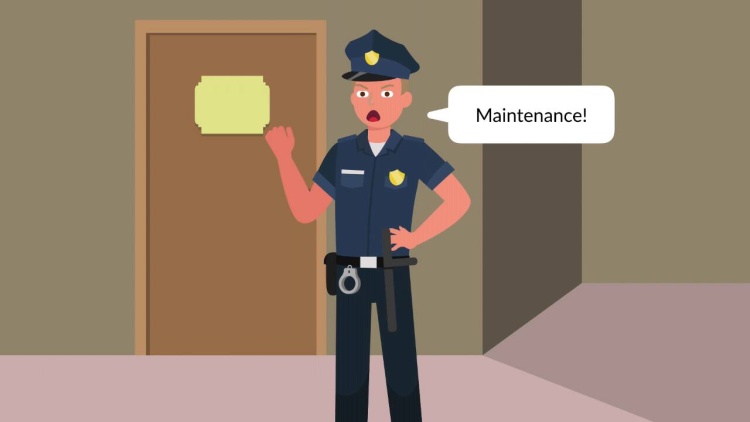Richards v. Wisconsin
United States Supreme Court
520 U.S. 385 (1997)
- Written by Sarah Venti, JD
Facts
The police obtained a search warrant to search the hotel room of Richards (defendant) for drugs. When the police went to the hotel to execute the warrant, they hid their true identity, with one officer identifying himself as the maintenance man. However, when Richards cracked the door open with the chain still on, he could tell it was the police, so the police resorted to kicking down the door to gain entry. Once inside, they found cash, cocaine, and Richards as he was trying to escape out a window. Because the police had failed to knock and announce their presence, Richards moved to have the evidence found in the hotel suppressed. The trial court denied the motion. The state supreme court affirmed the decision and held that when executing a search warrant in a felony drug case, the police need never knock and announce their presence because such investigations frequently involve dangerous situations and the possibility that evidence can quickly and easily be destroyed.
Rule of Law
Issue
Holding and Reasoning (Stevens, J.)
What to do next…
Here's why 907,000 law students have relied on our case briefs:
- Written by law professors and practitioners, not other law students. 47,100 briefs, keyed to 996 casebooks. Top-notch customer support.
- The right amount of information, includes the facts, issues, rule of law, holding and reasoning, and any concurrences and dissents.
- Access in your classes, works on your mobile and tablet. Massive library of related video lessons and high quality multiple-choice questions.
- Easy to use, uniform format for every case brief. Written in plain English, not in legalese. Our briefs summarize and simplify; they don’t just repeat the court’s language.





